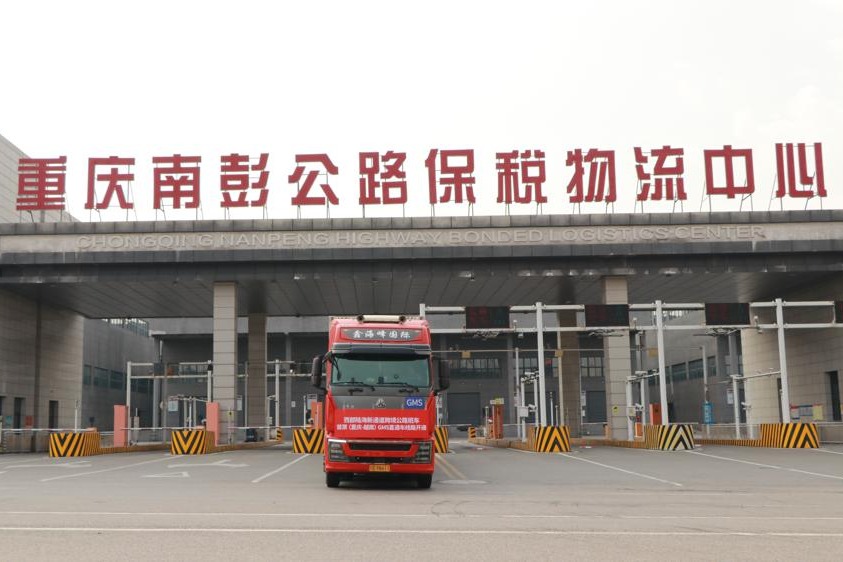Cooperation thrives among Asian nations


China and Malaysia have taken a significant stride in their deepening industrial cooperation with the signing of a $22 billion agreement to jointly develop the China-Malaysia High-Tech Eco-Industrial Park in Shenzhen, Guangdong province, a flagship project aimed at enhancing bilateral industrial collaboration, fostering technological innovation and accelerating economic growth.
The agreement, signed on Friday between the city's industry outbound alliance and Malaysian counterparts, marks a key milestone under the China-Malaysia "Two Countries, Twin Parks" model — a strategic initiative designed to link the innovation and production capabilities of the two nations.
Under the pact, the Shenzhen government procurement association and the alliance will serve as lead coordinators, leveraging the strengths of the Shenzhen Special Economic Zone to introduce key industrial players, facilitate enterprise settlement and build a comprehensive industry and supply chain management system.
"We want to create a shared home for Chinese and Malaysian companies," said Feng Qiang, president of the procurement association. "Though global uncertainties remain, Shenzhen once grew from scratch. Now, with experience, resources and strong determination, we're committed to making this park a benchmark for China-Malaysia cooperation and a model for replication elsewhere."
Liu Jinghua, deputy director of the economic affairs center at the international department of the Central Committee of the Communist Party of China, echoed the sentiment. "We hope the project will become a highland of innovation in China-Malaysia high-tech collaboration and pioneer a replicable model for cross-border corporate expansion," Liu said.
"By integrating Malaysia's market and resource advantages with China's strengths in research and development and manufacturing, the park can nurture a high-tech industrial cluster and drive innovation."
The park is designed around three key pillars: vertical international collaboration, institutional innovation and inclusive development.
First, it adopts a vertical division of labor — with R&D based in Shenzhen and manufacturing operations in Malaysia. The initial phase will focus on strategic emerging sectors such as artificial intelligence, new energy and high-end equipment manufacturing. The project has so far attracted the attention of 28 Shenzhen-based companies, who have already committed to join the park.
Second, institutional innovation will play a critical role. Shenzhen's ISO9001 quality management standards will be extended to Malaysian operations, ensuring consistent quality assurance. A cross-border digital customs platform will also be introduced to enable "single declaration, dual clearance" procedures, streamlining logistics and trade. So far, 42 service providers, including Huawei Cloud and SF International, have joined the project's ecosystem.
Third, the park will emphasize inclusive development, particularly by supporting small and medium-sized enterprises in Malaysia. A dedicated fund will be set up to help local companies upgrade technological capabilities and participate in high-tech value chains. One early success story is the partnership between Shenzhen-based Googol Technology and Malaysian semiconductor testing company Censof, which combines tech equity with joint order fulfillment. The collaboration is expected to generate around 1,200 new jobs in the local market.
In a recent interview with Xinhua News Agency, Chinese Ambassador to Malaysia Ouyang Yujing underscored Malaysia's growing appeal as a destination for Chinese investment, particularly in emerging industries.
Ouyang highlighted recent moves by Chinese new energy vehicle makers such as Geely and Chery to set up manufacturing operations in Malaysia, driving regional supply chain integration. Meanwhile, data center projects by GDS and Chindata Group are supporting Malaysia's digital transformation.
wangjinhui@chinadaily.com.cn

































